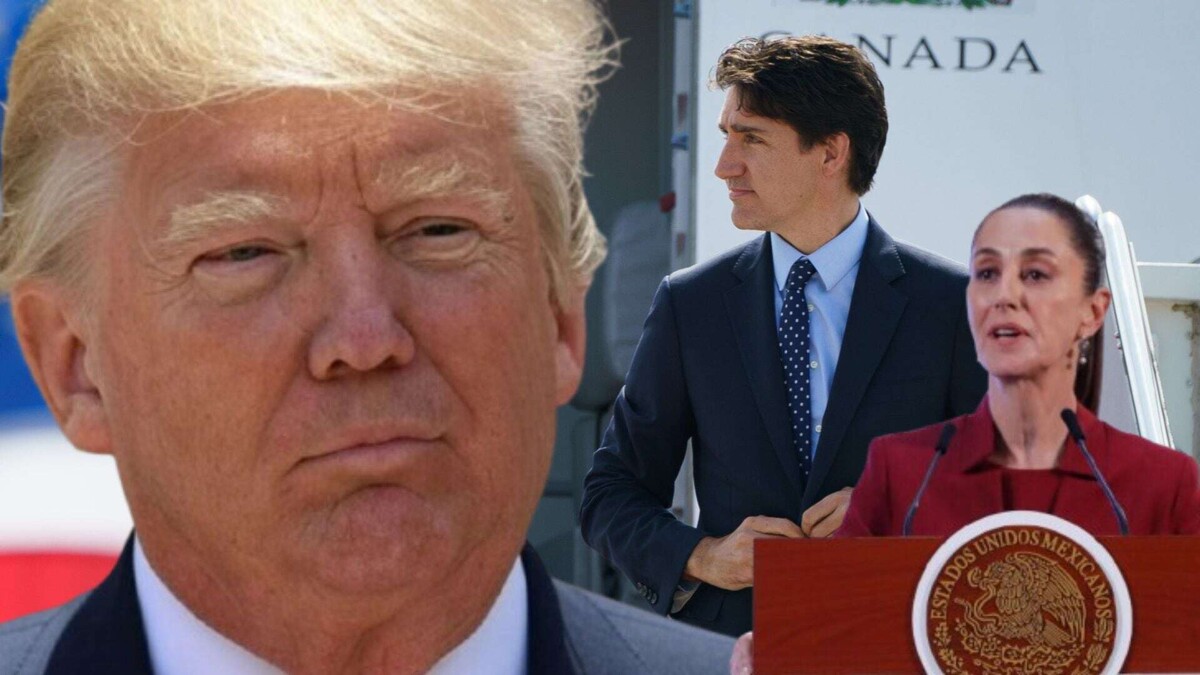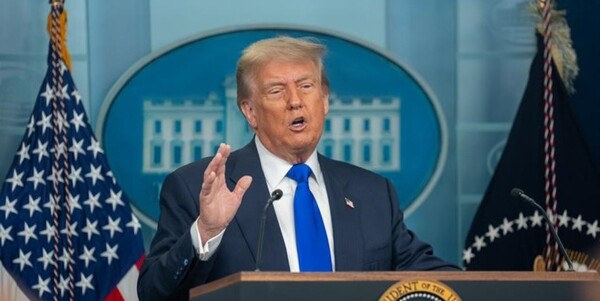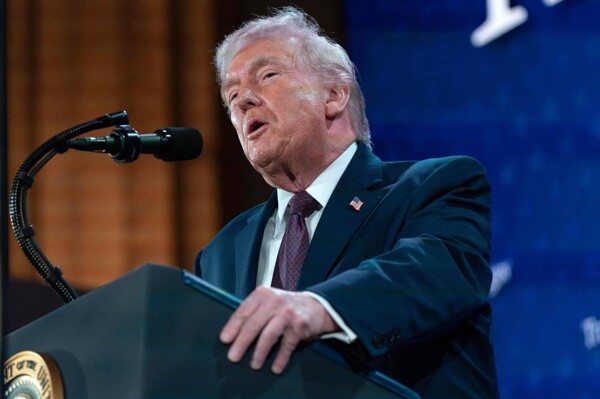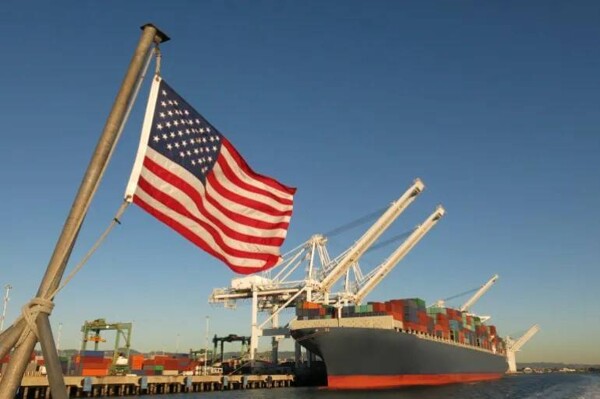
In international trade, there are different types of tariffs that are applied to goods imported or exported between countries. One of them is the specific tariff, which establishes a fixed tax per unit of merchandise, regardless of its value. For example, if an importer of vehicles in the United States must pay 2 thousand dollars for each imported car, that amount is paid for each unit, regardless of the vehicle's price.
On the other hand, there is the ad valorem tariff, which is calculated as a percentage of the customs value of the goods. For example, if an imported product has a tariff of 10% and its value is 200 dollars, the importer will have to pay 20 dollars in taxes (10% of 200 dollars).
Additionally, there is the mixed tariff, which combines the specific tariff and the ad valorem. For example, a mixed tariff for an imported car could consist of a fixed tax plus a percentage on the value of the vehicle. These tariffs are key tools in trade policies, but they can also create tensions between countries, especially when they affect important products such as steel and aluminum.
Recently, in trade between the United States, Mexico, and Canada, there have been tensions due to threats of new tariffs, especially in the case of aluminum and steel. The White House announced that the tariffs could reach up to 50%, raising concerns about the economic repercussions in the region. Despite efforts by Mexico and Canada to reach agreements and curb the imposition of these taxes, President Trump has insisted that both countries "are not doing enough" to prevent the increase in tariffs.
This situation creates uncertainty, as tariffs directly affect trade, raise the prices of imported products, and disrupt trade relations in the region. Tariffs are a tool to regulate international trade, protect domestic industries, generate revenue for the government, and favor certain productive sectors. In the realm of tariffs, there are also transit tariffs, which are applied to goods that pass through a country en route to another.














